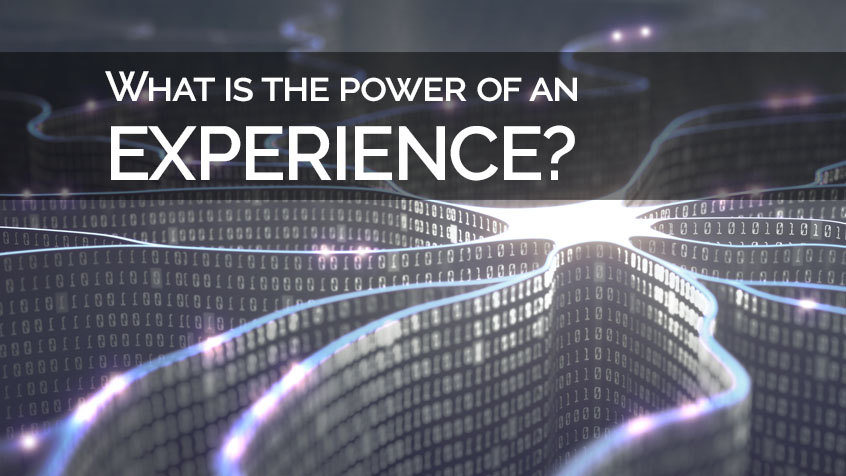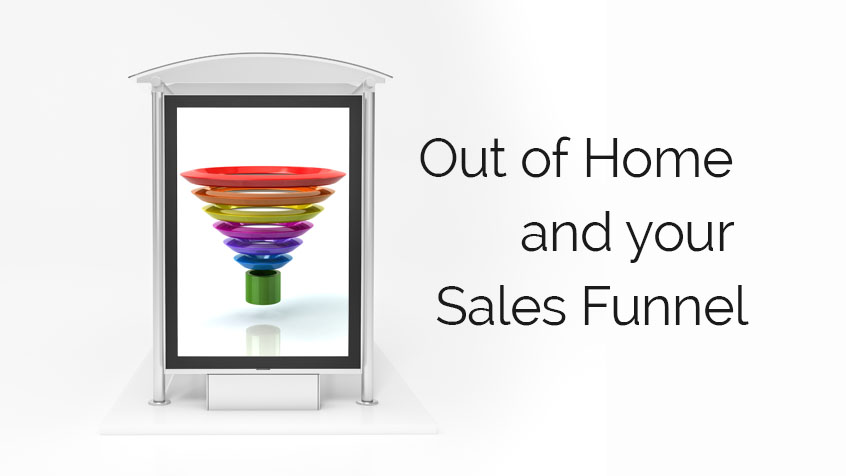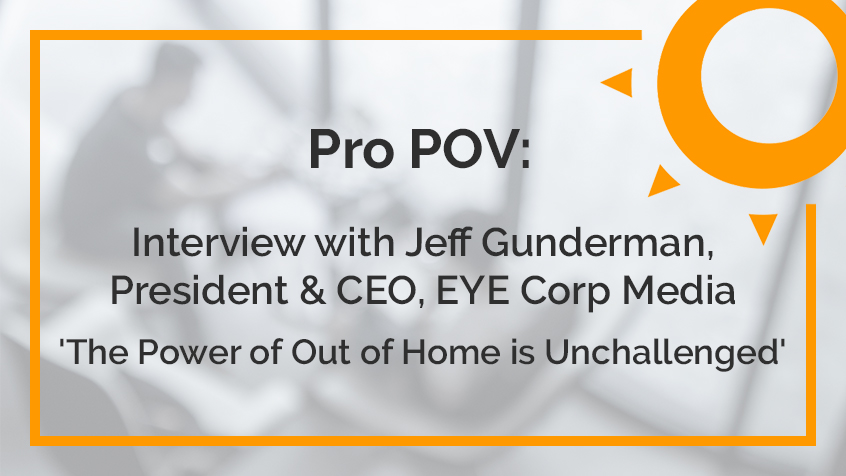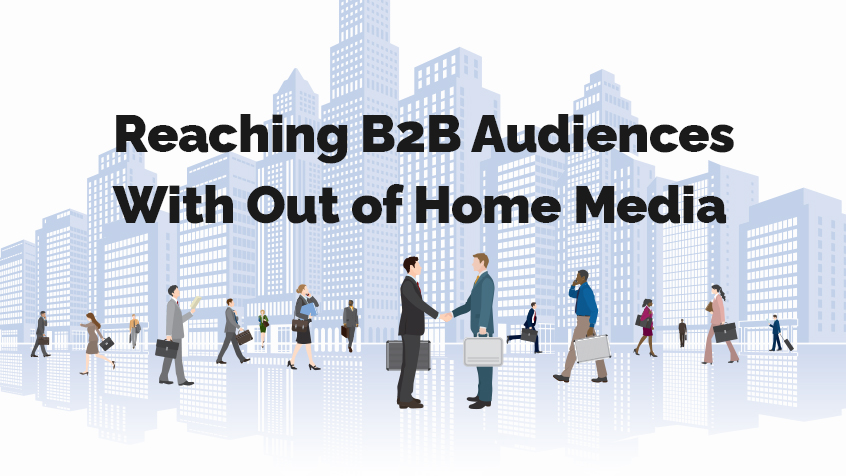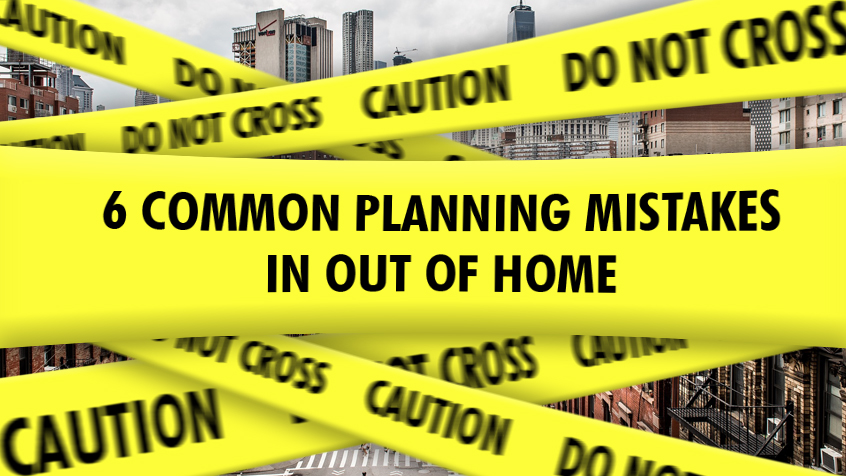There’s a quote from the venerable Chinese philosopher, Confucius, that says, “When I hear, I forget. When I see, I remember. When I do, I understand.” More than 2000 years later his wisdom still holds true.
In the marketing world, it is cliché to say that millennials crave experiences. The truth is, we all do. That’s why we travel, why we go to concerts and amusement parks, why we go horseback riding in the mountains or shark diving in the Pacific. We are all programmed to look for new experiences.
There’s been a great deal of talk in the Ad world about the growth of experiential marketing, and with good reason – it’s one of the fastest growing areas. Most of these discussions center around talk of growing budgets, how to measure ROI, or showing examples of really, really cool campaigns. While these are certainly worthy topics, there’s one thing nobody seems to talk about…
Why is experiential marketing so powerful?
The novelty of an experience makes the memories stronger.
Get up. Put clothes on. Walk to the train station. Get coffee. Ride the train. Walk to the office. Etc, etc.
Much of our daily lives comprise of activities that are familiar and routine. We could probably close our eyes and stand a fair chance of getting most of them done without grievous injury. We don’t pay a lot of attention to the details of those experiences, and we don’t remember them very well.
Events that are different, outside of our ordinary routine, will attract attention. They stand out because of their difference. It turns out we also remember them better because of their difference. Our brains are hardwired to remember new experiences because they make us feel good.
Belle Beth Cooper, author of Novelty and the Brain: Why New Things Make Us Feel So Good, writes:
“There’s a region in our midbrain called the substantia nigra/ventral segmental area or SN/VTA. This is essentially the major “novelty center” of the brain, which responds to novel stimuli. The SN/VTA is closely linked to areas of the brain called the hippocampus and the amygdala, both of which play large roles in learning and memory. The hippocampus compares stimuli against existing memories, while the amygdala responds to emotional stimuli and strengthens associated long-term memories.”
The more novel the experience, the stronger the memory. That’s why we have strong, vivid memories of zip-lining over a tropical rainforest, but not so much brushing our teeth three weeks ago.
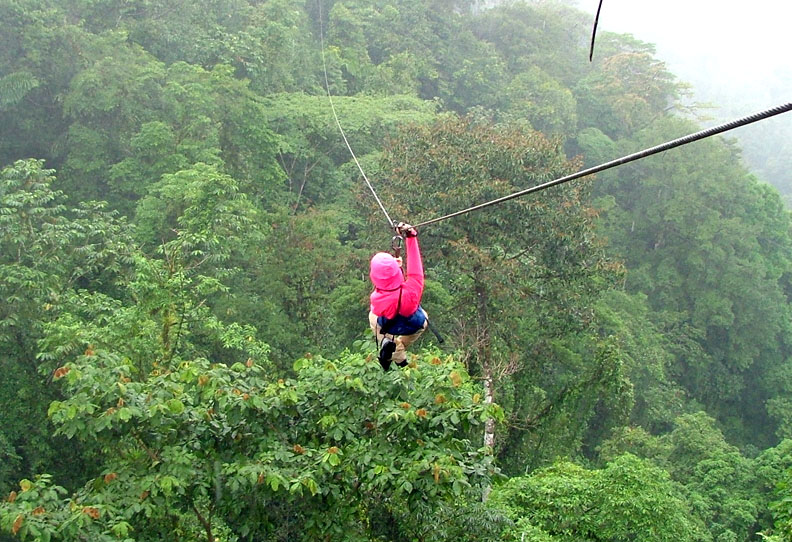
Multisensory experiences impact the strength of the memory.
Much in the way novelty affects our memory of an experience, so does the number of different types of sensory stimuli involved.
In a study published on Nature.com, Dr. Aidan Horner of the Institute of Cognitive Neuroscience examines how our brain stores information. When we experience an event, our brain stores the sensory aspects of that event in different locations – images here, sounds there. When we remember an event, the different sensory aspects pull together to form a cohesive memory. If we have more sensory inputs – sight, sound, smell, taste, touch – we’re likely to have a stronger memory than sight alone.
We all know from personal experience that certain senses can trigger particularly strong memories. People often cite the sense of smell as particularly powerful. In a study, called “Smells and Emotions,” conducted by psychologist Dr. Silvia Alava, “83% of the participants confirmed that happy moments were called back with certain smells and 46.3% recognized that enjoying a familiar scent again influences them more than seeing an object that brought them memories.”
Along similar lines, studies of musicians’ brains show that learning to play a musical instrument physically alters our brain wiring. The multi-sensory nature of that learning – combining visual, auditory and physical input – creates memories that are so powerful they alter the structure of our brains.
Horner’s study explains, “When we remember a previous event from our lives, we have the capacity to re-submerge ourselves in the experience.” Certain experiences have the capacity to create memories that are so strong, it’s like we are having the experience all over again.
Shared experiences allow us to build social connections.
Human beings are social animals. It’s a key component of who we are, and one of the most important building blocks of our personality and our society. Part of the way we build and develop those social connections is through shared experiences. Studies conducted at Yale University state that “sharing an experience with another person, without communicating, amplifies one’s experience.”
And in our modern digital age, the idea of “sharing” an experience has taken on a new meaning. Now, in addition to actually taking part in the experience with someone else, we also think about how we might share the experience on social media.
This shareable content is important. People now seek out “social currency” as it contributes to their sense of well-being and fulfillment.
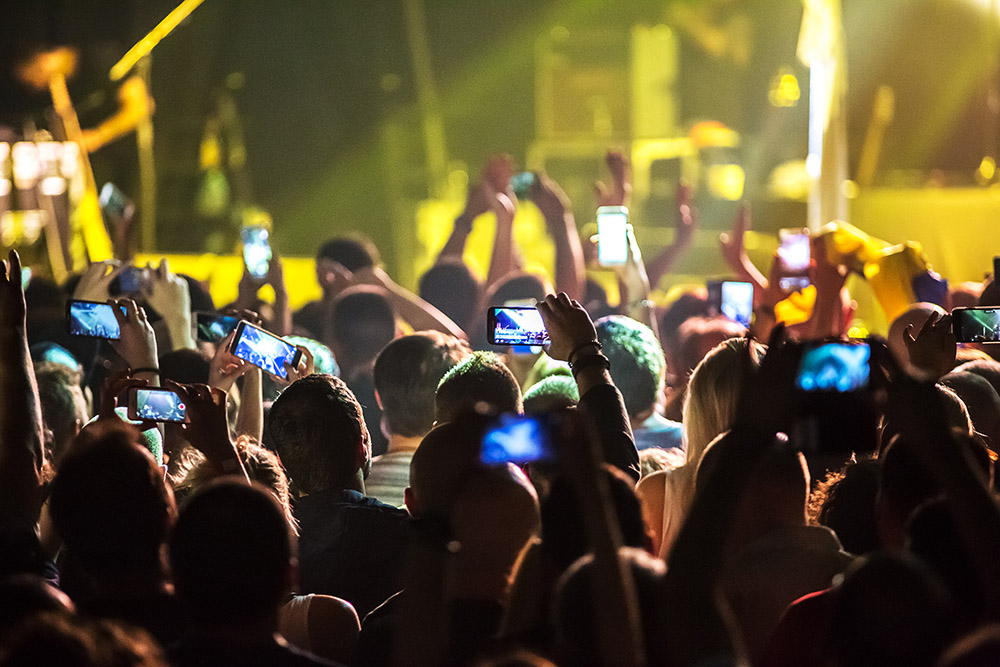
Prakash Sutradhar, Co-Founder at J.C. Maxwell Science Institute, and author of Psychology of Sharing: Why Do People Share On Social Media? writes:
“The reason is, we are biologically wired to talk about ourselves. It is pleasurable talking about ourselves. It is found that when we share about ourselves (our thoughts, experiences), the reward-seeking part of the brain gets activated. It’s the same part, which gets activated when we get food or money… We talk or share about things which give higher social currency. Just as people use the money to buy products or services, they use social currency to achieve desired positive impressions among their families, friends, and colleagues.”
With specific regard to Experiential Marketing, studies have shown that 98% of consumers create digital or social content at events or experiences (Event Track, 2016). People crave new and interesting experiences to share on social media, and experiential programs give them just what they need.
[bctt tweet=”People crave new and interesting #experiences to share on #socialmedia, and #experientialmarketing programs give them just what they need.” username=”emcoutdoor”]
The importance of a memorable ending and finishing strong.
When we read a book or watch a movie there are certain parts that will stand out in our memory. Chief among them is the ending. Did the couple fall in love? Did the hero stop the villain? (For us Philly-locals) did the underdogs win the championship? Did the magical time-traveling mailbox save the hero from getting hit by a bus? (The Lake House, anyone?)
The same is true for our real-life experiences. We are natural storytellers and we replay experiences in our minds over and over. All the elements of an experience are important, but the ending is particularly critical. The ending is the strongest component of how we make future decisions.
In his Peak-End Rule model, Nobel laureate psychologist Daniel Kahneman explains how our “experiencing selves” and “remembering selves” perceive events differently, and how much sway our memories have over our perception of an event. When we are ready to make a decision, we rely on our memories of an experience. Our remembering self will focus on the highlights and the ending – how did the story conclude? – to help make that decision.
Love him or not, celebrity chef and professional provocateur, Gordon Ramsay, summed it up saying, “Finish with a strong dessert. It is often an afterthought or left to the last minute. Since it’s the last dish your guests will taste, make sure it’s memorable!”

Experiences create quality impressions.
When we talk to clients about creating experiential activations it can sometimes scare them off by the high impression cost relative to other media channels. When we stop to consider the affect of these impressions, it becomes clear that we cannot value them on the same scale as other traditional media formats. The memories from experiences are stronger, more vivid and more prominent. They feed our need to connect with others and influence future decisions.
Our team has spent years designing and executing one-of-a-kind experiences. Let us create something memorable for your brand!

